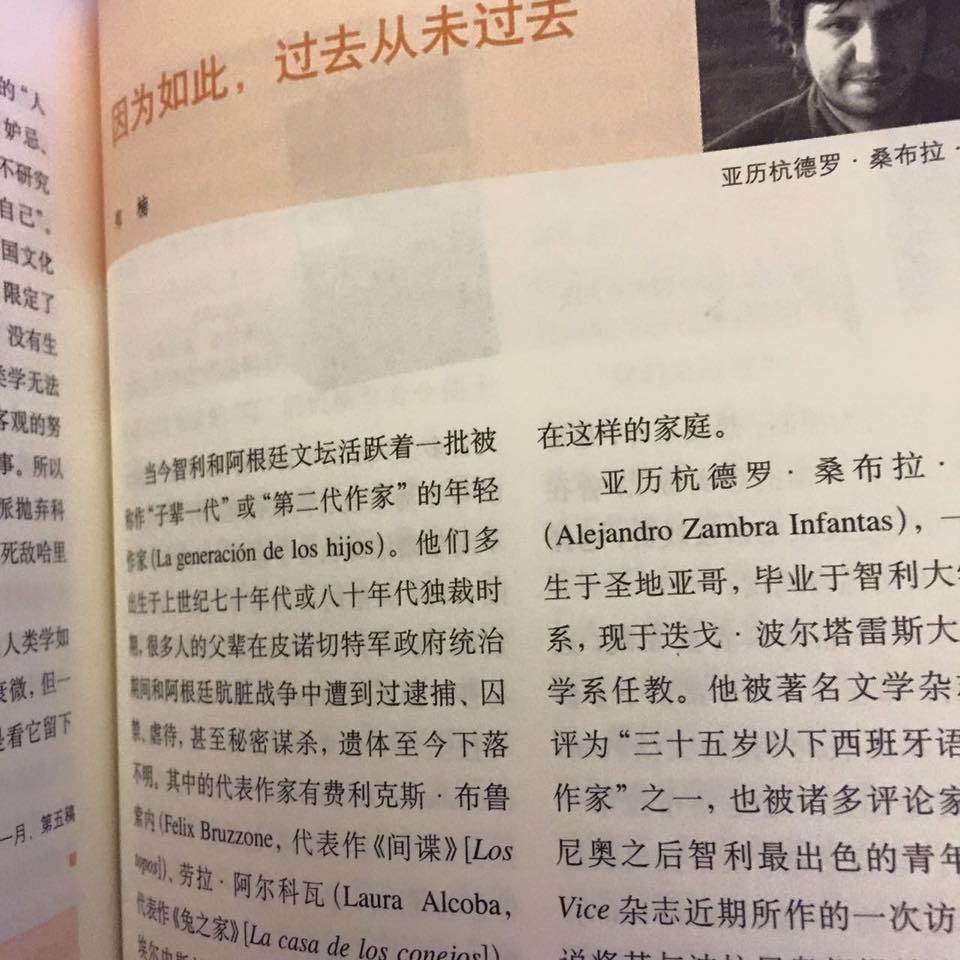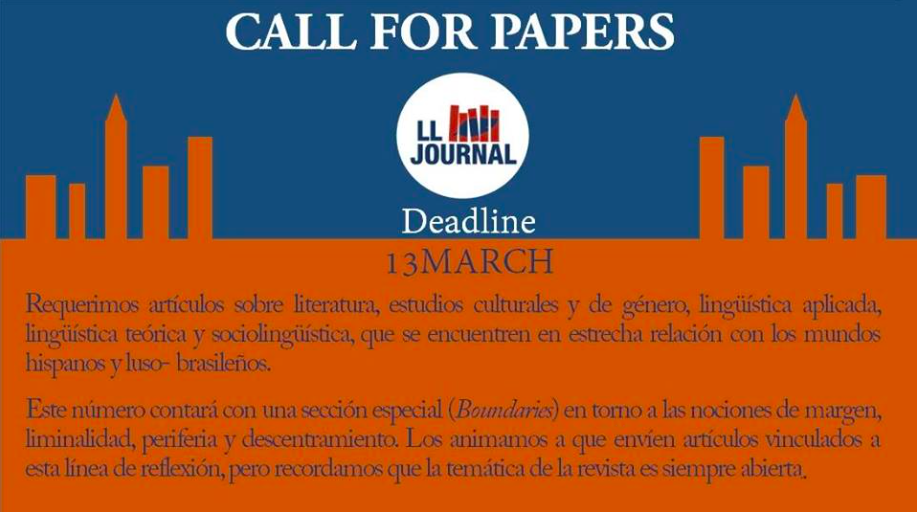The Early Research Initiative at the Graduate Center, CUNY
invites applications for two
2016 Morgan Library and Museum-CUNY Graduate Center Archival Fellowships
Fellowship amounts: $4,000
Deadline for applications: March 15, 2016
The information below was provided by the Provost’s Office:
The Early Research Initiative invites applications for two Morgan Library & Museum Graduate Archival Fellowships. These $4,000 fellowships will be offered to Graduate Center Ph.D. students from any program with primary research interests related to the collections at the Morgan Library & Museum. The primary responsibilities of the award winners will be to collaborate with curators and librarians from the Morgan in order to process uncatalogued collections, improve public access to documents and related materials, and to gain experience in creating and organizing collections.
While the rich and diverse collections of the Morgan Library & Museum span the medieval period to the contemporary moment and embrace the global as well as the local, it is offering CUNY Fellows projects in select areas ranging from the Italian Renaissance to the photography of Peter Hujar. Please see the attached list of potential projects below; applications are welcomed for specific projects.
Fellowship recipients will be required to be in residence for 120 hours over the summer of 2016 at the Morgan working for scheduled times from 9:30 to 4pm on Monday through Friday. In addition, recipients will be required to do a brief public presentation on their work and write a blog post about their experiences before the end of the Fall 2016 semester. Additional opportunities for social media contributions to the Morgan’s accounts are also possible.
To apply please send a letter of interest describing your research interests and related experience with specific reference to one of the projects described below, a c.v., a current Graduate Center transcript (students may submit the unofficial student copy that can be printed from banner), and a letter of support from your primary advisor.
Instructions for submitting your application:
1) Please combine the above materials (except for the letter of recommendation) into a SINGLE file (either as a pdf document or a word document).
- Use the following format when naming your document: Last Name, First Name, Program
2) Email your file directly to fellowshipapps@gc.cuny.edu
- Please use your Graduate Center email address when sending the file.
Instructions for Faculty Recommenders
1) Prepare your reference letter as a regular word or pdf document.
2) Please use the following format when naming your document: Student Last Name, First Name
3) Email your file directly to fellowshipapps@gc.cuny.edu
Application Deadline: March 15, 2016
CUNY Graduate Center / Morgan Library & Museum Graduate Center PhD Student Fellowships
Available projects, Summer 2016
Doc Humes Papers (Literary & Historical Manuscripts)
Harold L. “Doc” Humes was a pivotal figure in the budding counterculture of the 1950s. A novelist, filmmaker, inventor, and activist, Humes founded The Paris Review in 1953 together with Peter Matthiessen and George Plimpton. The ca. 14-cubic-foot collection of Humes’s papers consists of manuscripts, documents relating to various projects and patents, correspondence regarding The Paris Review, personal correspondence and family papers, clippings, photographs, and audio visual material. It has been inventoried and partially rehoused. This archival processing project would address the next stage of processing: physically reorganizing the collection; creating a finding aid; and inventorying photographs and media.
Paris Review Archive (Literary & Historical Manuscripts)
The 150+-cubic-foot collection consists of correspondence, typescripts, and galley proofs of several hundred writers; editorial, production, and business correspondence; and other records of the international literary journal from just before its founding in 1953 through 2003. The collection has been described at the box level, but only a portion of it has been fully processed. This archival processing project would continue the processing of the minimally-described parts of the collection.
Carter Burden Collection of American Literature (Literary & Historical Manuscripts)
In 2013, the Morgan received from the family of Carter Burden more than 400 manuscripts, typescripts, screenplays, and correspondence to add to that collection of twentieth century American literature. The collection includes authors such as Elizabeth Bishop, Ben Hecht, Sylvia Plath, John Steinbeck, Tennessee Williams, and others. This project would focus on researching and individually cataloging the works in this collection.
George Washington (Literary & Historical Manuscripts)
The Morgan has strong holdings in the letters of American presidents. This project would survey the holdings in a targeted section of the collection and ensure that the location of each item is correctly represented in the online catalog.
Artist letters from the Rosenberg Collection (Literary & Historical Manuscripts)
In 2013, the Morgan received approximately 300 artist letters as an accretion to the Rosenberg collection. The letters, in French, are from the personal papers and professional correspondence of Paul and Alexandre P. Rosenberg, leading art dealers of the late 19th and 20th centuries. The collection includes letters of Salvador Dali, Edgar Degas, Alberto Giacometti, Henri Matisse, Pablo Picasso, Pierre-Auguste Renoir, Gertrude Stein, and others. This project would focus on researching and individually cataloging the works in this collection, using a pre-existing finding aid as a guide.
Italian Renaissance letters from the White Collection (Literary & Historical Manuscripts)
The Morgan has strong holdings in letters of the Italian Renaissance. This project would individually catalog letters from the White Collection, which spans the 15th to the 17thcenturies, and includes letters of Francesco Filelfo, the Barzi family, the Borghese family, and others. Approximately fifty letters are addressed to Ludovico Maria Sforza (commonly called Ludovico il Moro, 1452-1508), the great patron of Leonardo da Vinci. The ideal candidate for this fellowship will have some previous experience or training in Italian paleography and with manuscripts of the period.
Peter Hujar (Photography)
Hujar was a leading figure in the group of artists, musicians, writers, and performers at the forefront of the cultural scene in downtown New York in the 1970s and early 1980s. This project would focus on enhancing the existing finding aid for the Peter Hujar Papers (Acc. #: 2013.108), with special attention to identifying correspondents, photographic subjects, and improving the description of the 5,700 contact sheets contained in the collection, which spans Hujar’s career from the 1950s until his death from AIDS in 1987.



